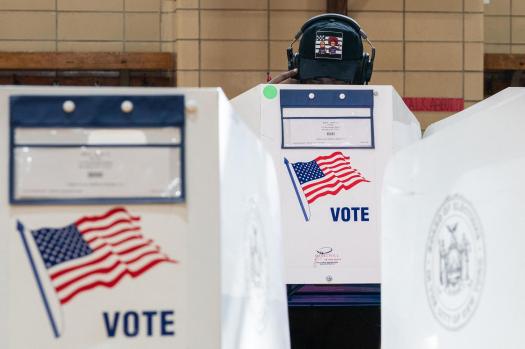The question of whether Medicaid and the Children’s Health Insurance Program (CHIP) should be cut is dividing Washington. However, the argument shouldn’t be portrayed as a dispute over cuts alone. Reform ought to be its main objective. Reducing Medicaid and CHIP costs without sacrificing the safety net for those in need is both necessary and possible.
Federal spending on these programs increased by 53%, from $409 billion to $626 billion, during Fiscal Years 2019 and 2024. Inflation and population growth added up to 28% throughout that time. In 2024, it was predicted that fraudulent payments under CHIP and Medicaid totaled $32 billion. Without taking action, no private sector organization could continue to increase and waste at that rate.
Vulnerable Americans need a stable safety net, and taxpayers need more accountability. Reform does not imply desertion. It denotes accountability, responsibility, modernization, and targeting. Before it’s too late, Congress should take a few doable actions to solve the problems.
The first step is to establish and implement employment requirements for physically fit individuals without dependent children. Medicaid and comparable programs should not be long-term crutches, but rather stepping stones to independence. Restoring accountability, encouraging personal responsibility, and reaffirming the dignity that comes with self-sufficiency are all achieved by requiring labor, job training, or community involvement.
Second, stop the remaining Medicaid and CHIP extensions from the COVID era. Long ago, the public health emergency was over. The extreme measures, which were intended to be transitory, need to be reversed. Allowing them to persist prevents these programs from assisting individuals in need by increasing expenses and weakening their purpose.
Third, only allow documented residents to receive federal Medicaid money. Undocumented immigrants may still receive emergency treatment, but states should be responsible for covering these costs if they chose to do so without receiving federal funding. Sustaining such coverage encourages further illegal immigration and jeopardizes law enforcement.
Fourth, take tough measures against state-level reimbursement programs that take advantage of legal loopholes to manipulate the federal match system. These actions pervert the original intent and embezzle taxpayer funds. To stop these backdoor budget tricks and system abuses, federal authorities must increase monitoring and enforce sanctions.
Fifth, strengthen federal oversight through increased enforcement, improved audits, and improved internal controls. Abuse, waste, and fraud must be vigorously eradicated. Large systems will inevitably contain some error, but this should never be tolerated. Every dollar that is misallocated represents a lost chance to assist someone who is truly in need.
Lastly, legislators ought to think about limiting federal expenditures and giving states greater latitude by granting block grants with little federal requirements. As long as accountability is maintained, states are better able to understand their citizens and create more effective, efficient programs.
Reforming CHIP and Medicaid is obviously only one aspect of a bigger picture. The American health care system as a whole cannot be sustained. Interest on the debt is the biggest driver of future federal spending, followed by health care costs. Furthermore, our results are below average for an industrialized nation, even though we spend a larger percentage of our economy on health care than any other country. That is not acceptable.
The fee-for-service approach, which prioritizes volume over value, must be abandoned. Alternatively, capitation-based and diagnosis-based payment methods can encourage better care at a more affordable price. Reforming prescription drug legislation is also necessary, and this includes prohibiting direct-to-consumer advertising, sharing responsibility for research and development, and extending pricing negotiations.
We need to reevaluate the federal role in health care in the long run. A universal, publicly sponsored plan that includes wellness, preventive, and catastrophic care is one possibility. Supplemental coverage might be purchased by Americans, and other federal initiatives would target low-income people, veterans, and those with disabilities.
The facts must be faced. Medicaid and CHIP are ineffective, prone to misuse, and have experienced significant growth. Reform is necessary as well as responsible. Taxpayers and those in need are at danger when action is delayed. Getting this right is critical to our fiscal and public health future.
David M. Walker was the United States’ previous comptroller general. For InsideSources.com, he wrote this.












Commentary: As kids return to school, Florida continues to lead in education | Paul Renner